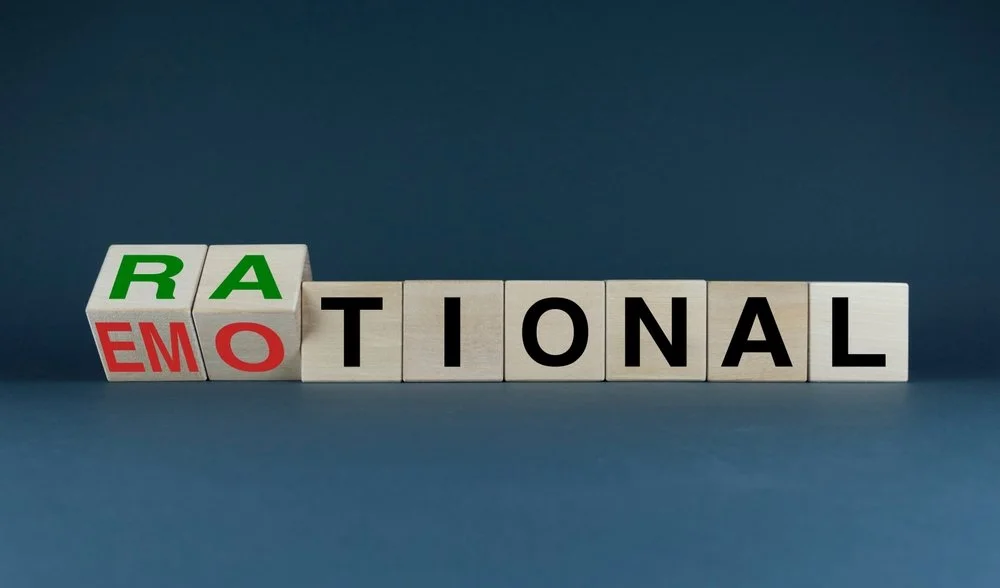Eliminating emotional behaviors leads to sounder financial decisions
April 28, 2024
The founder of behavioral finance, Nobel laureate Daniel Kahneman, recently passed away. His work has made a huge difference in helping me understand how emotions can interfere with more rational decision making.
It hasn't stopped me from, at times, making nonsensical financial decisions of my own, but it has helped me pause so I can minimize them. Here are some behaviors or biases we all probably share:
· We have said to ourselves, "When this investment gets back to even, I am going to sell it." This is silly. The investment doesn't care what we paid for it. We should objectively be looking at each investment on its own merits regardless of what we paid for it. But it is psychologically hard to take a loss and rewarding to grab a gain, so we have held on to bad investments and crossed our fingers that we will eventually save face. Importantly, this applies to individual stocks, not asset classes (small or large stocks, international stocks). In time, asset classes should mean revert, but stocks (and currencies) don't. With asset classes, peel from your winners and give to your losers. With stocks, let your winners run and trim from them when they are too much of your portfolio, then invest in something that you think has potential.
· We have sometimes said no to something that we don't want to do today, but said yes to it if presented as a future endeavor. When the event eventually shows up on our calendars, we regret it. This is discounting the future. Before saying yes to something, try to picture yourself preparing for it and decide if it is something you really want to do.
· We have gone out of our way to save $5 on a $50 item but not to save $5 on a $500 purchase. Why? The ignored numbers are even larger on big purchases. We often look at the percentage of the transaction rather than actual dollars we are saving.
· In his book "Thinking Fast and Slow," Kahneman wrote, "When people believe a conclusion is true, they are also very likely to believe arguments that appear to support it, even when those arguments are unsound." Good we've never done that, right? Right.
We are never going to eliminate our biases, so the key is to slow down and better manage our choices when we recognize we are making a high-stakes decision.
Spend your life wisely.
- Ross Levin
This article originally appeared in the Minneapolis Star Tribune on April 28, 2024





